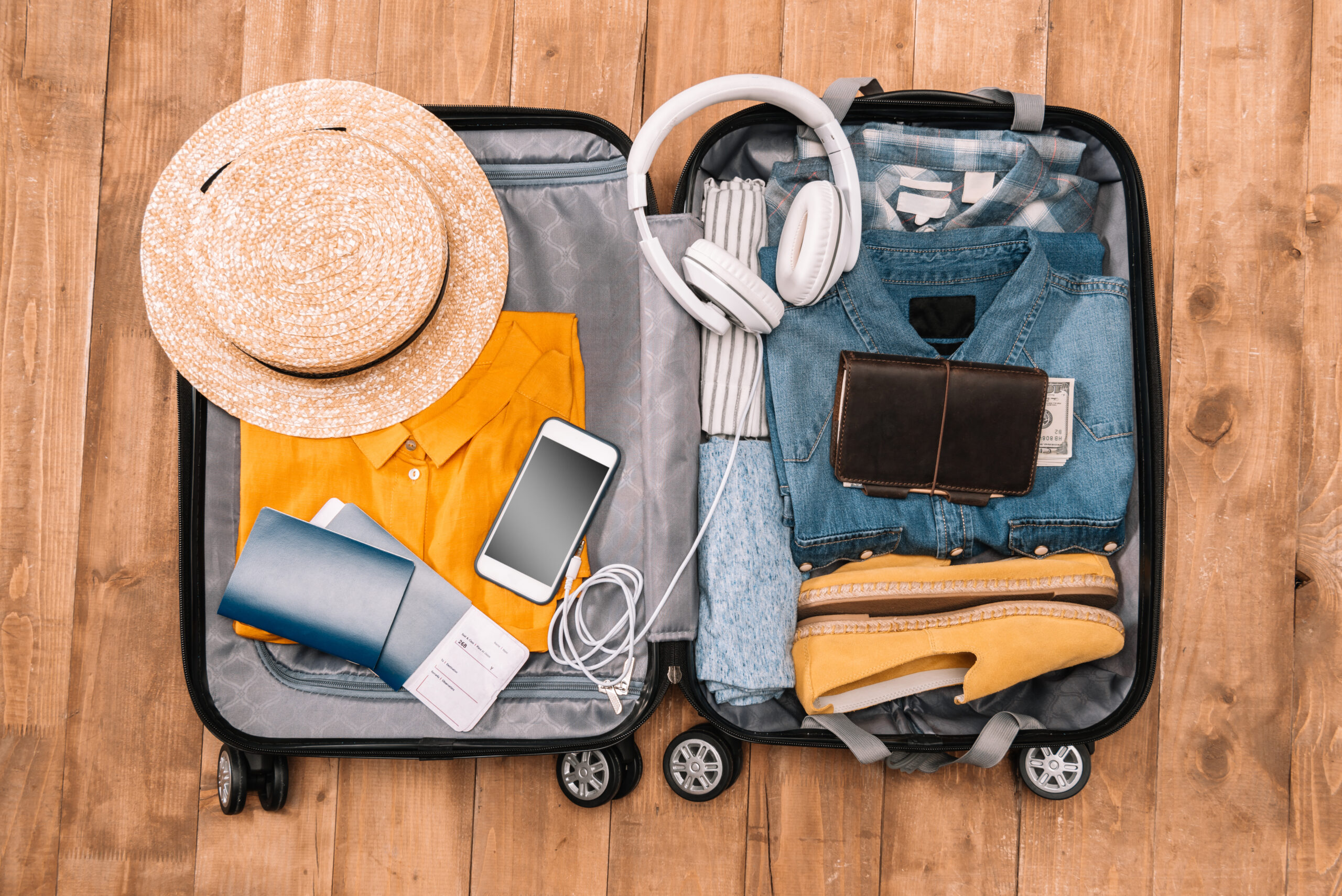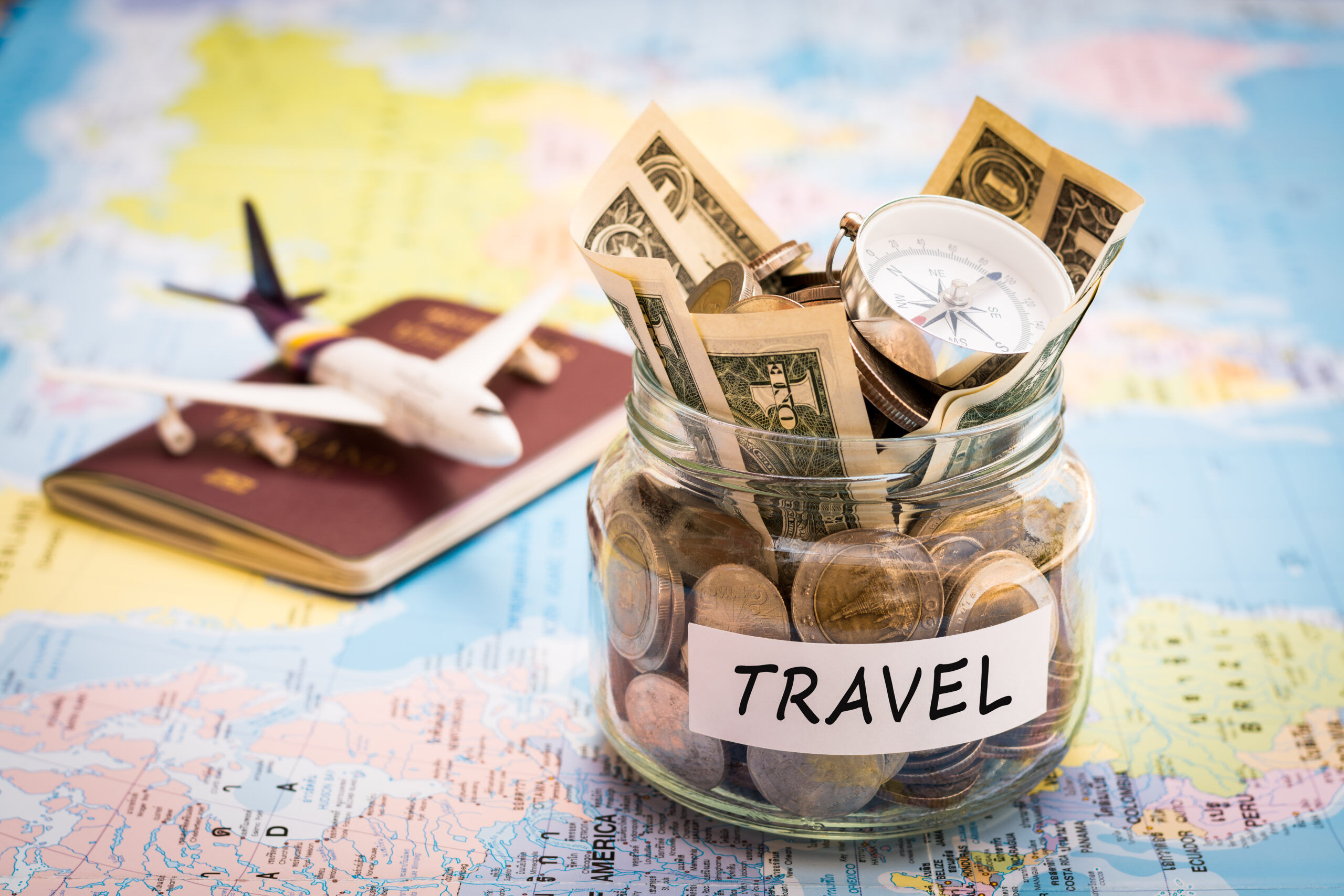Yes. Insurance for a single day is available.
Smart Strategies for Managing Your Holiday Spending
PUBLISHED ON May, 22 2023

Introduction
The holiday season is a time of joy and celebration, but it can also bring financial stress if not managed wisely. Smart strategies for managing your holiday spending are crucial to avoid overspending and accumulating debt. In this article, we will explore effective ways to stay within your budget, make thoughtful purchasing decisions, and prioritize financial well-being during this festive time. By implementing these strategies, you can enjoy the holiday season while maintaining control over your finances.
Set a Budget
Setting a budget is a crucial first step in managing your holiday spending. Determine how much you can afford to spend on gifts, decorations, food, and other holiday expenses. Take into account your overall financial situation, including your income, savings, and any other financial obligations. Be realistic and prioritize your spending based on what is most important to you. Creating a detailed budget will help you track your expenses and prevent overspending. Consider using budgeting tools or apps to assist you in organizing and monitoring your holiday spending.
Make a Gift List
Making a gift list is an effective strategy to manage your holiday spending. Start by listing all the people you plan to give gifts to, including family, friends, colleagues, and others. Next to each person’s name, jot down gift ideas and approximate budget amounts. This will help you stay organized and prevent impulse purchases. Consider including alternative gift options, such as homemade gifts or experiences, which can be meaningful and cost-effective. Prioritize your gift list based on the level of importance or closeness of the recipient. By having a clear gift list, you can focus on thoughtful and budget-friendly presents that align with your financial goals.

Young couple buying souvenirs outdoor
Comparison Shop
Comparison shopping is a smart strategy for managing your holiday spending. Take the time to research and compare prices for the items on your gift list. Look for deals, discounts, and promotions from various retailers both online and in-store. Use price comparison websites and apps to easily compare prices across different platforms. Additionally, consider signing up for newsletters or following social media accounts of your favorite stores to stay informed about upcoming sales or exclusive offers. By comparing prices, you can find the best deals and make more informed purchasing decisions, ultimately saving money during the holiday season.
Avoid Impulse Buying
Impulse buying can quickly derail your holiday spending plans. It’s important to resist the temptation to make unplanned purchases that are not in line with your budget or gift list. One effective strategy to avoid impulse buying is to practice the “wait and reconsider” method. When you come across an item that catches your eye, give yourself some time before making the purchase. Step away from the item and take at least 24 hours to think it over. Ask yourself if the item is truly necessary or if it aligns with your budget and gift list. Often, you’ll find that the initial urge to buy diminishes, and you can make a more rational decision. Additionally, consider implementing a “one-in, one-out” rule, where you commit to getting rid of an old item before purchasing something new. This not only helps control your spending but also prevents clutter and unnecessary accumulation of belongings.
Utilize Coupons and Rewards
To maximize your holiday spending savings, be sure to take advantage of coupons and rewards programs. Use coupon apps and look for coupons, promo codes, and discounts online or in newspapers, and use them when making your purchases. Many retailers offer special holiday deals and promotions, so keep an eye out for those as well. Additionally, if you have any reward points or loyalty programs with stores or credit cards, consider redeeming them for holiday purchases. This can help offset the cost and provide additional savings. Remember to read the terms and conditions of any coupons or rewards to ensure you understand the restrictions and expiration dates. By utilizing coupons and rewards, you can stretch your holiday budget further and get more value for your money.
Plan Ahead for Travel Expenses
If you’re planning to travel during the holidays, it’s essential to plan ahead for travel expenses. Research the best deals on flights, accommodations, and transportation well in advance. Look for early bird discounts or special holiday packages that can help you save money. Consider flexible travel dates to take advantage of lower fares. Additionally, explore alternative transportation options such as carpooling, public transportation, or renting a car to find the most cost-effective solution. By planning ahead and being proactive with your travel arrangements, you can avoid last-minute expensive bookings and secure the best deals for your holiday trip.
Save on Your Car Rental Cost
According to our recent study, the cost of renting a car in USA is up by 22% this year. However, by sticking to our recommendations, you could easily save US$ 178 this summer, or as much as $320. The secret is to stick to the fundamental car rental insurance package. Companies that rent cars out benefit by charging exorbitant charges for add-ons. Above all, resist the urge to get their collision damage waiver (CDW) or “super CDW” insurance, which is meant to pay for any excess that the primary insurance doesn’t.
Check out the websites of online car rental brokers like auto-europe.com, and rentalcars.com to compare rental pricing before doing a second check with the major players’ websites like Hertz, Avis, and Budget. Using brokers can save you up to $70 per week compared to going direct. However, keep in mind that direct operators could have promotions that make them a good value. Stay with on-airport providers; they are not only more convenient, but inexpensive off-airport packages may be a waste of money. Avoid companies that have “full-to-empty” fuel policies since they may force you to pay more for the tank of gas. These companies are very common in Spain.
Online searches frequently turn up cheap rentals with exorbitant fees for extra drivers, drivers under 25, or one-way rentals. If these are included, the pricey deal lower down the page is frequently less expensive. Find a deal that allows for a free cancellation if you can. This enables you to plan ahead and check for lower prices as your trip draws closer.
By purchasing extra insurance on your own, you can save more than US$100. The cost of renting a car typically includes insurance coverage for major collisions, write-offs, etc., but you are still responsible for the excess, which is the first US$ 500 to $2500. The car rental companies will attempt to get you to purchase super CDW insurance to pay the excess. A week’s worth of coverage might cost up to US$200, as opposed to US$ 65 for independent insurance.
Independent annual car hire excess insurance policy for Europe are offered by CarInsuRent for as low as US$ 94.90. Daily car hire excess insurance starts from as low as $6.49 per day. Our policies covers the excess on damage and theft up to €2,500 and provide full protection that Includes single vehicle damage, roof and undercarriage damage, auto glass and widescreen damage, towing expenses, misfuelling, loss of car key and tire damage. We cover multiple drivers between the ages of 21 and 84 years.
If you damage the rental car, you must pay the agreed-upon excess to the car rental company before you can make a claim.
See How Much You Can Save on Your Car Rental Insurance
Get StartedTrack Your Expenses
Focus on Meaningful Experiences
While holiday shopping and gift-giving are often emphasized during the season, it’s important to remember that the true spirit of the holidays lies in meaningful experiences rather than material possessions. Instead of solely focusing on buying expensive gifts, consider creating lasting memories with your loved ones. Plan activities such as baking cookies together, organizing a movie night, volunteering at a local charity, or taking a family outing to enjoy holiday lights. These experiences can be cherished for years to come and often have a greater impact than material gifts. By shifting your focus to meaningful experiences, you can reduce the pressure to overspend and find joy in the simple moments shared with family and friends.
The Bottom Line
Managing your holiday spending wisely is crucial to avoid financial stress and maintain a healthy financial balance. By setting a budget, making a gift list, comparison shopping, avoiding impulse buying, utilizing coupons and rewards, planning ahead for travel expenses, tracking your expenses, and focusing on meaningful experiences, you can make the most of your holiday season without breaking the bank. Remember, the true value of the holidays lies in the time spent with loved ones and the memories created, not in the amount of money spent on gifts. By following these smart strategies for managing your holiday spending, you can enjoy a joyful and financially responsible holiday season.
Travel Tips and Guides

Why Rental Car Hire Insurance is a Must-Have: Protecting Your Trip and Finances
Gil Farkash

Travel Essentials Unveiled: Your Ultimate Guide to Travel Must-Haves for Seamless Journeys
Gil Farkash

Traveling on a Budget: How to Save Money on Your Next Vacation
Gil Farkash
Frequently Asked Questions (FAQ)
No. We provide a single journey plan. You are covered from the time you pick up the rental car up to the time you return it or on the last date written on your Certificate of Insurance, whichever comes first.
No. You should purchase a policy before starting your travel.
Find the answers you’re looking for to the most frequently asked car hire insurance questions as well as other questions relating to our products and services.
